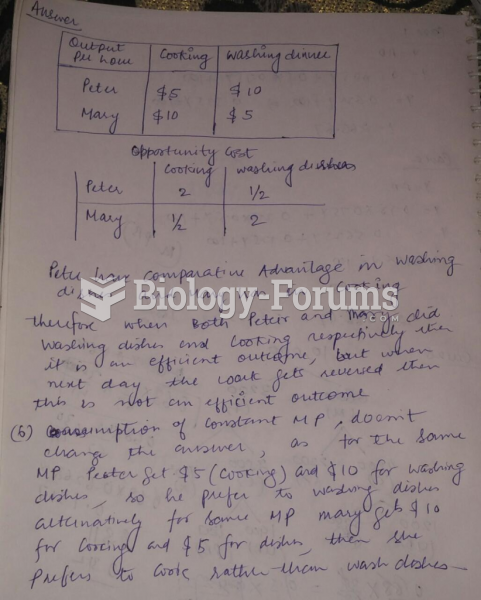This topic contains a solution. Click here to go to the answer
|
|
|
Did you know?
In 2006, a generic antinausea drug named ondansetron was approved. It is used to stop nausea and vomiting associated with surgery, chemotherapy, and radiation therapy.
Did you know?
Medication errors are more common among seriously ill patients than with those with minor conditions.
Did you know?
The average adult has about 21 square feet of skin.
Did you know?
People about to have surgery must tell their health care providers about all supplements they take.
Did you know?
Carbamazepine can interfere with the results of home pregnancy tests. If you are taking carbamazepine, do not try to test for pregnancy at home.






